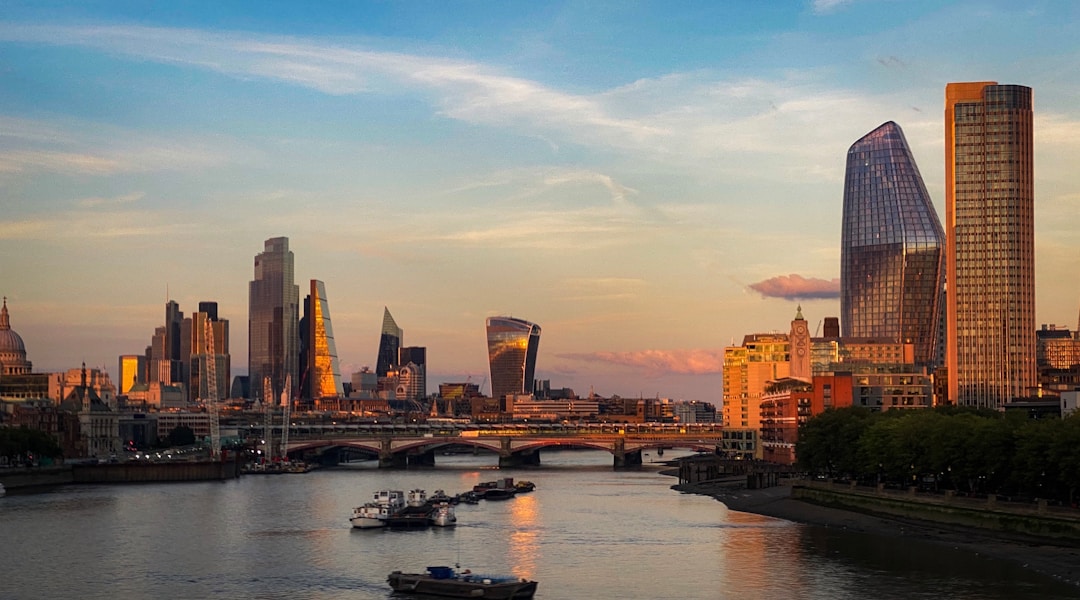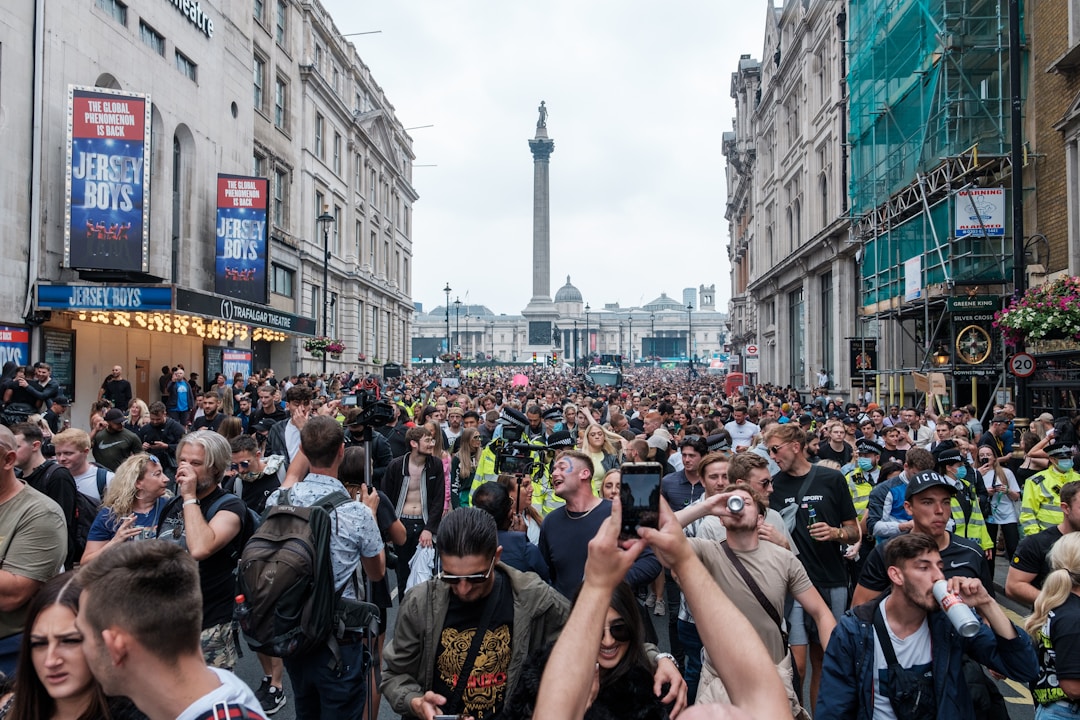
SURVEYS BY US
APRIL 2022: FAIRNESS IN THEORY
We asked 3,140 adults across Britain for their views about fairness, with three aims:
- To understand what proportion of the public supports each of the five fair necessities, and to what extent, and how this varies across various demographic groups (’segment’, gender, ethnicity, region, age, income level, voting intention and so on)
- To find out more about how people think about fairness in relation to linked but different concepts such as equality and meritocracy
- To discover what people think about how fair Britain is today, and to what extent they support interventions that might make Britain fairer
AUGUST 2022: FAIRNESS IN PRACTICE
We asked 2,000 adults across Britain to guess the current status of five of our key indicators, one for each ‘fair necessity’.
We then asked the same group of people whether they thought that the real figures in each case were fair or unfair. For detailed audience breakdowns, see the pages on wealth (fair essentials), education (fair opportunities), pay (fair rewards), tax (fair exchange) and health (fair treatment).
We asked half of the group whether they thought British society was fair or unfair before they had seen these figures, and the other half after seeing the figures. The percentage of people in the second group who thought British society was unfair was 27 percentage points higher than in the first group.
There were interesting demographic variations in the amount of change between the two groups. Generally speaking, exposure to the facts led to the biggest swings (from thinking that British society is fair to thinking that it is unfair) among older age groups, people with lower socio-economic status, and Conservative and/or Leave voters.
SURVEYS BY OTHER ORGANISATIONS























































































































